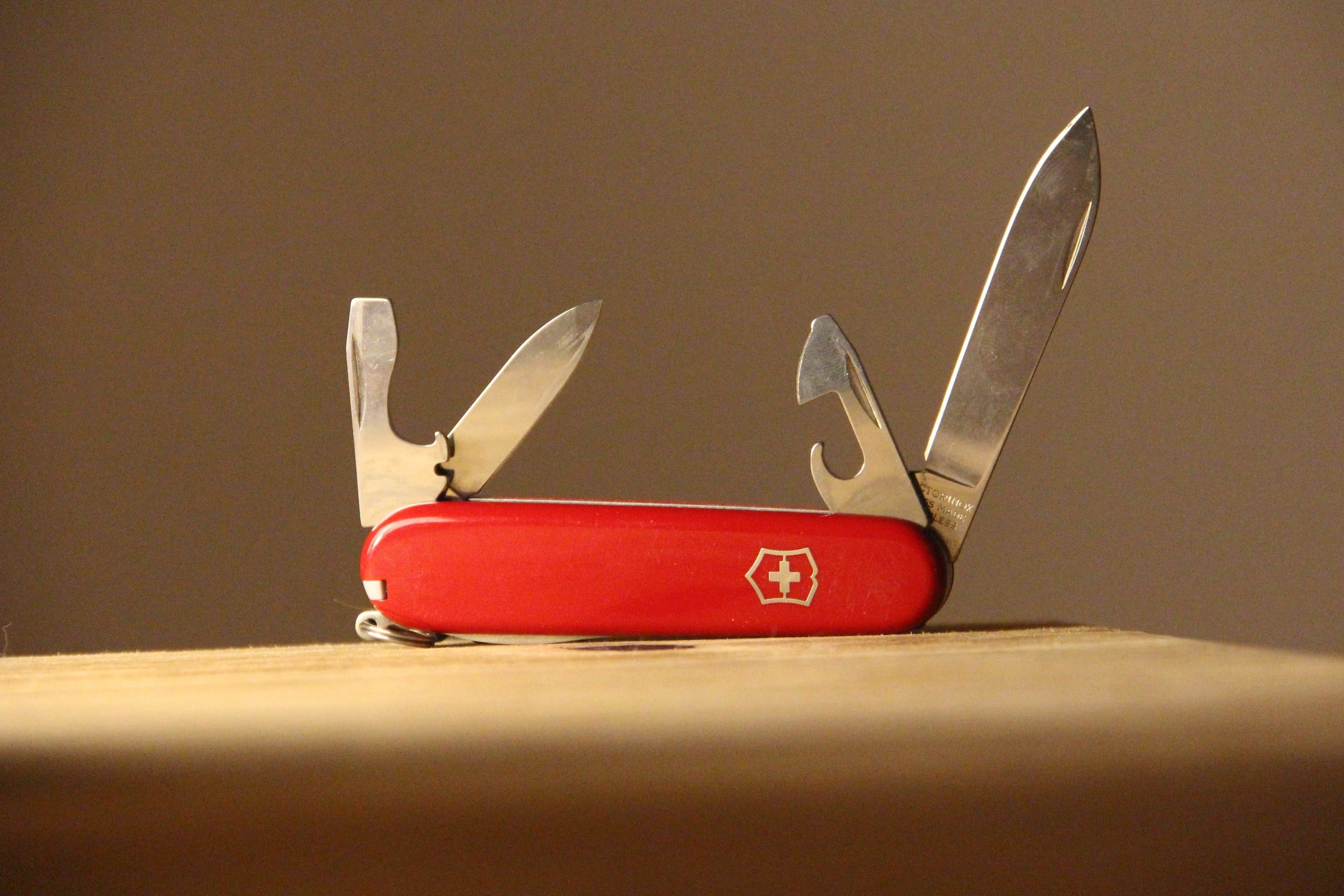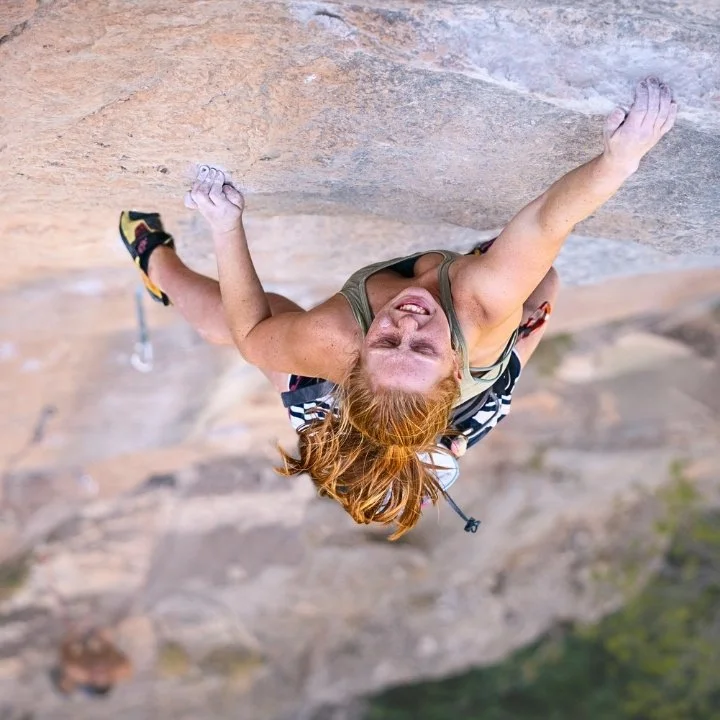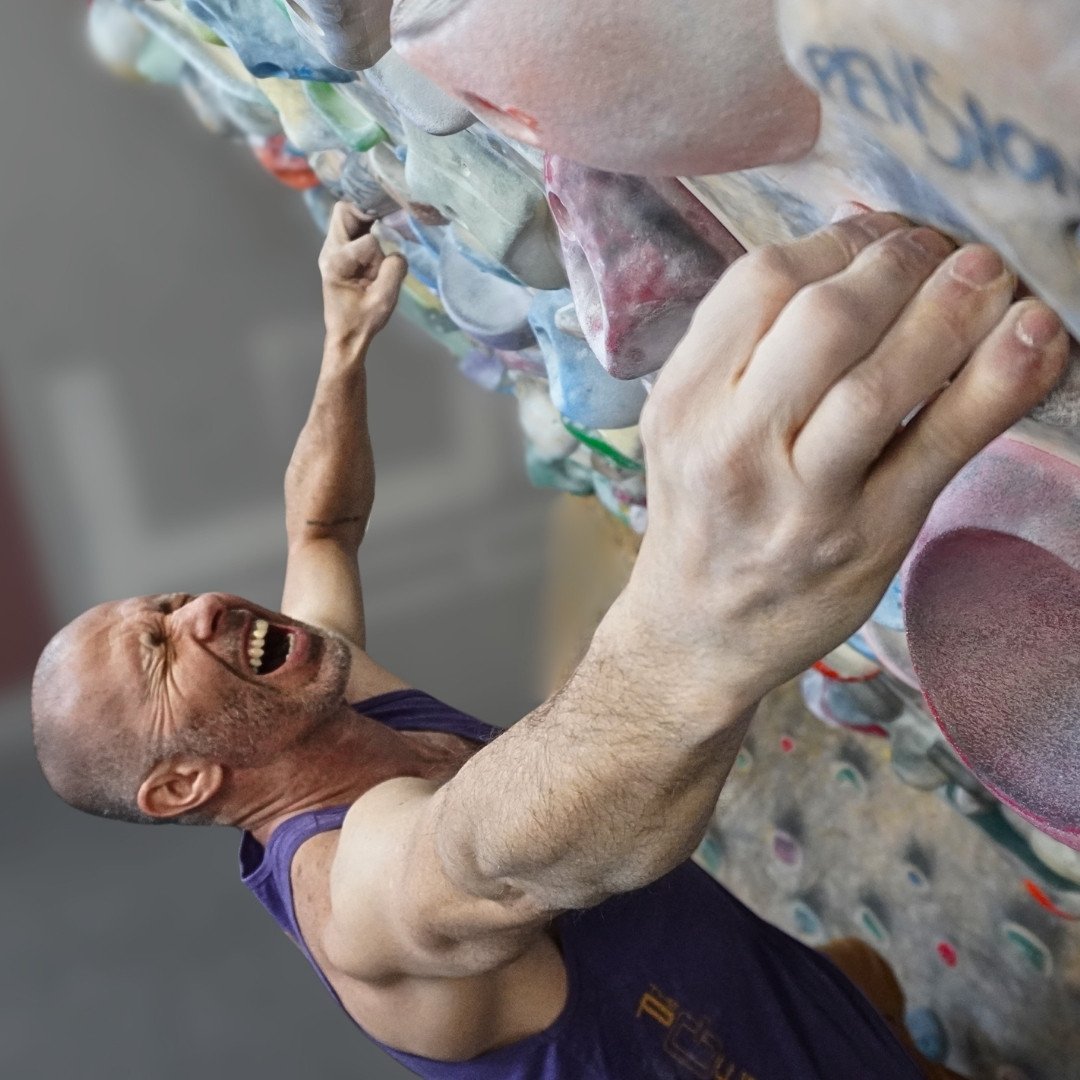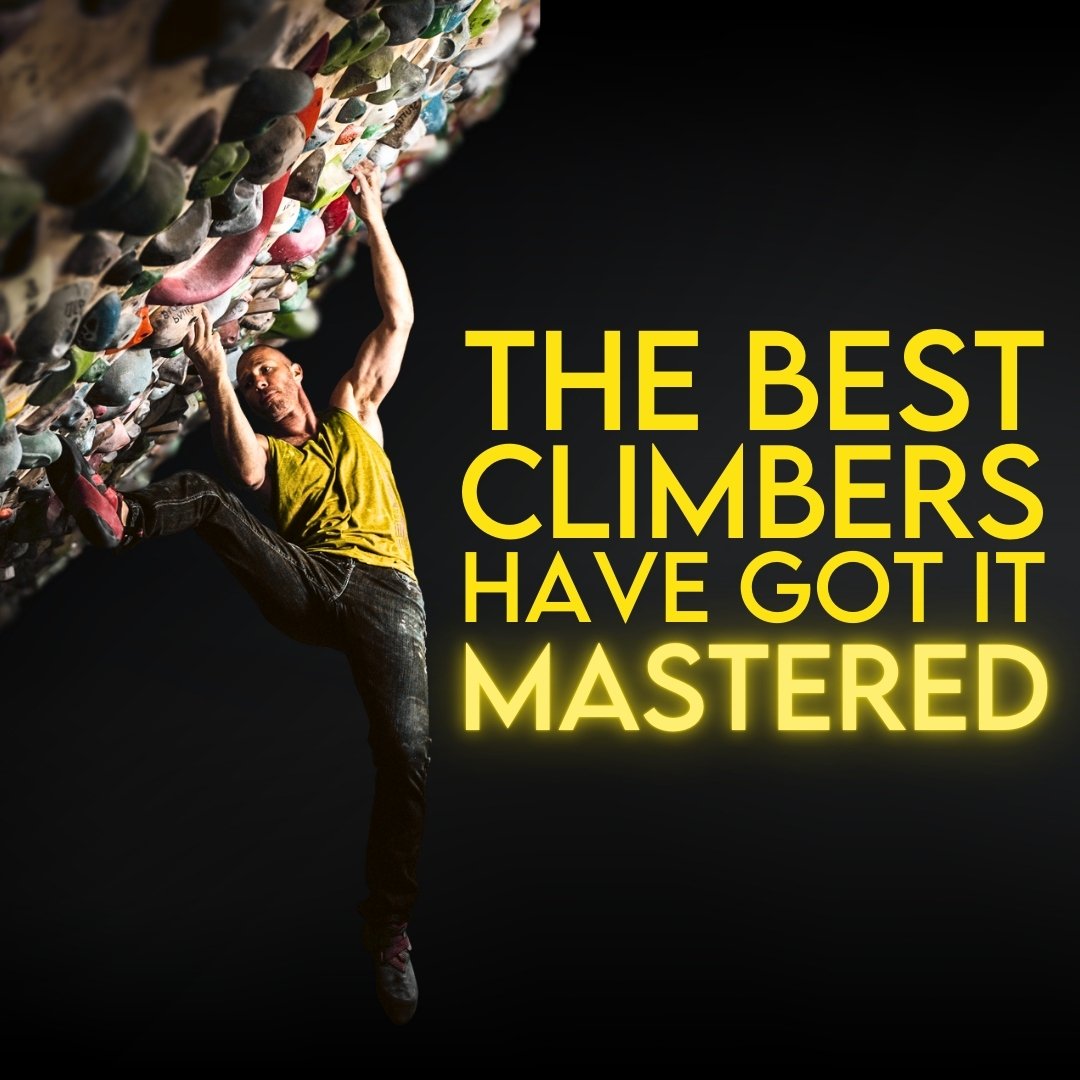The Worst Interview Question
I love interviews. Whether it’s reading or listening to them, I find myself consuming a lot of interviews with coaches and athletes of all sports. As much as I enjoy them, there’s one regularly asked question that I wish we could get rid of.
“If you could only do one thing/exercise/drill to get better at your sport, what would it be?”
I get where the interviewer is going with this. What they are looking for is a good takeaway for the audience by seeing what the guest’s #1 priority is. It’s a popular question because forcing someone to only pick one thing makes them come up with good reasons for it that the audience might not have heard before, makes them be specific, and it can often lead to controversial answers.
While the reasoning behind their answer might glean some valuable knowledge, the answer itself should probably be ignored. Here’s why:

First, it forces a “swiss army knife approach”. If you asked me, “If you could only choose one tool to use in the kitchen for opening cans, chopping vegetables, and opening wine bottles, what would it be?” The only answer is a Swiss Army Knife. So that makes it the ultimate kitchen tool, right? Absolutely not.
Anyone who has tried to use one of these pocket knives for any of those tasks knows how terrible it is for all of them. Having a normal kitchen knife, can opener, and bottle opener will give you dramatically better results every time.
Second, just like how no one is limited to owning a single kitchen tool, no one is limited to only using one exercise or method of training. Putting yourself in that mindset can be detrimental. Even the busiest clients I work with have time for a more nuanced approach to improvement.
Look, it’s important to not let things get overcomplicated. Hunting for elegant answers keeps us from getting bogged down with minutia. But when we take it too far, we lose sight of the bigger picture.
When you hear someone answer the question “If you could only do one thing…” pay attention to what they say and why, but avoid seeing it as a roadmap.

Switching back and forth between sport climbing and bouldering can be difficult…
Alex Megos once said that conditions don’t matter, but we all know that’s not true… or is it?
There’s one often overlooked thing that has the power to positively – or negatively – affect every single day of climbing for the rest of your life.
There is a point at which continuing a tactical approach can slow your climbing gains.
Toe-hooking can seem more like sorcery than other techniques, but you’re probably just going about it the wrong way.
Implementing this one simple thing can result in big performance gains in your climbing, no matter what level you’re at.
Despite being constantly present and often the reason we fail, Rhythm is the most underrated of the Atomic Elements of Climbing Movement.
Long-time friends Nate and Ravioli Biceps discuss lessons they’ve pulled from video gaming that can help inform our climbing.
There’s A LOT of great information out there on how to climb harder. But it’s tough to sort through…
Short climbers are good at getting scrunchy, and tall climbers are good at climbing extended, right? Wrong.
One of the most common places things start to fall apart is at the very beginning of the move.
We know spending time on a finishing link is smart tactics for hard climbs. So why not apply the same concept to individual moves?
Learning when and how to compensate for a weakness is a skill. And skills need to be practiced.
Lowball boulders, while not as proud, can still teach us new movement, new ways to utilize tension, and force us into finding new techniques.
I never thought I’d be recommending this, but some of y’all should be putting less effort into becoming technically better climbers.
Training principles are important, but when they creep into performance, your climbing will suffer. Nearly every time.
We have become collectors of dots. But there’s one major thing that happens when we connect dots that is entirely lost in mass dot collection: critical thinking.
Do you really have terrible willpower? Or are you surrounded by distractions and obstacles?
You have a climbing trip coming up. The rock is different. The style is different. Your pre-trip time is short and the number of days you’ll be climbing, even shorter…
Giving artificially low grades to climbs increases their perceived value for our training and development. The more something is mis-graded the more we naturally want to prioritize it.
Discussion around grades can be so polarizing that many of us avoid the topic.
Climbing starts off as this self-feeding cycle that has you wishing you could climb seven days a week. What happens when this cycle stops bringing improvement though?






























A better way to view grades and progression?